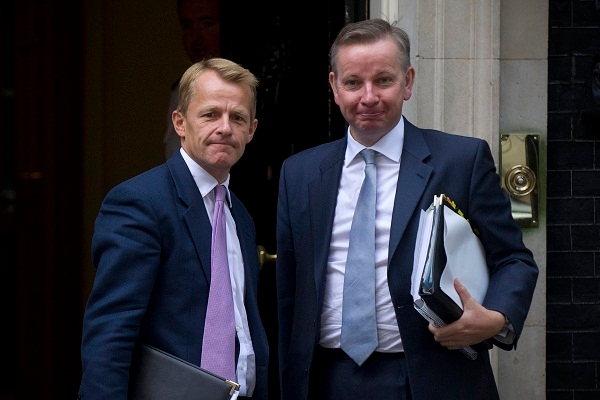The news that the coalition will announce on Tuesday that it is scrapping GCSEs is welcome. GSCEs are a devalued qualification and replacing them with a far more rigorous exam should boost England, Wales and Northern Ireland’s global competiveness as well as preparing pupils better for A-Levels. (Simon Walters’ scoop has the details on how the new qualification will differ from GCSEs).
That this change is going ahead is a sign that the coalition is now functioning far better than it was a few months ago. When the idea of getting rid of GSCEs was originally floated back in June, Clegg reacted with unthinking fury. But in talks that have been going on since July, Clegg and Gove have managed to thrash out a deal: the deputy prime minister would accept a new exam system if the education secretary dropped plans to have two sets of exams, one for the brightest and another for the less able. I understand that the arrival of David Laws, Clegg’s closest intellectual ally, as Gove’s number two at education eased this negotiation.
Inside government, the joint Gove Clegg press conference on Tuesday unveiling the new qualifications is being described as a ‘big proalition moment’, proof that the coalition partners can still do radical things together. Indeed, among Clegg’s allies there appears to be a renewed appreciation that aggressive differentiation has not worked. One argues that since it has started, ‘David Cameron has been hurt, Nick’s been hurt and the Labour leader has grown’.
There are those suggesting that this change will never happen because schools are only meant to start preparing pupils for the new exams from September 2015, after the date of the next election. But given how the public realise that exams have got easier, Labour would be foolhardy simply to oppose Give’s proposals. If they do, they’ll hand the Tories an easy election dividing line: we’re for a rigorous education, Labour still want everyone to have prizes.







Comments